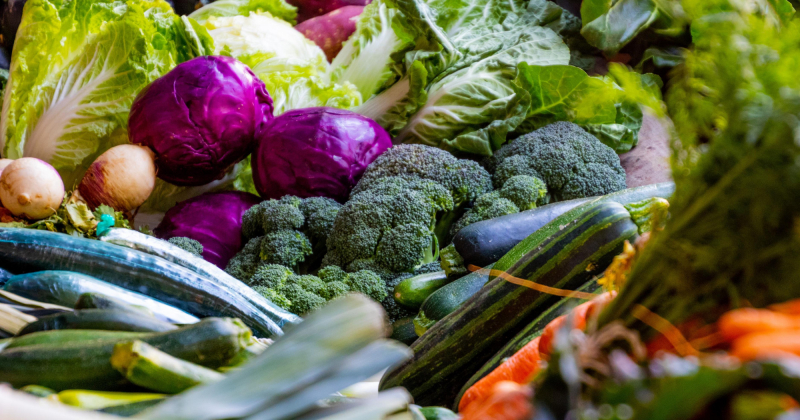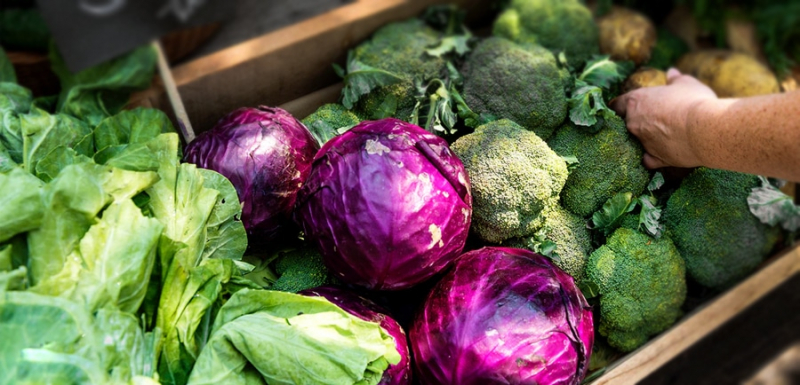Cruciferous vegetables

Cruciferous vegetables are rich in vitamins, minerals, and omega-3 fatty acids. These good fats are crucial for numerous biological processes, including maintaining cognitive health and lowering the risk of mental decline and diseases like Alzheimer's.
Consuming cruciferous vegetables, such as Brussels sprouts, Swiss chard, cauliflower, and broccoli, is linked to a number of health advantages, including a decreased risk of chronic disease. These health advantages are directly linked to the high nutritious content of these vegetables, notably their remarkable mineral concentration. The sulfur found in cruciferous vegetables, such as broccoli, kale, cabbage, and watercress, is particularly important for cell functions, DNA synthesis, detoxification, and the body's production of glutathione, a potent antioxidant. Cruciferous vegetables are a good source of numerous minerals, including magnesium, potassium, manganese, and calcium, in addition to sulfur.
















